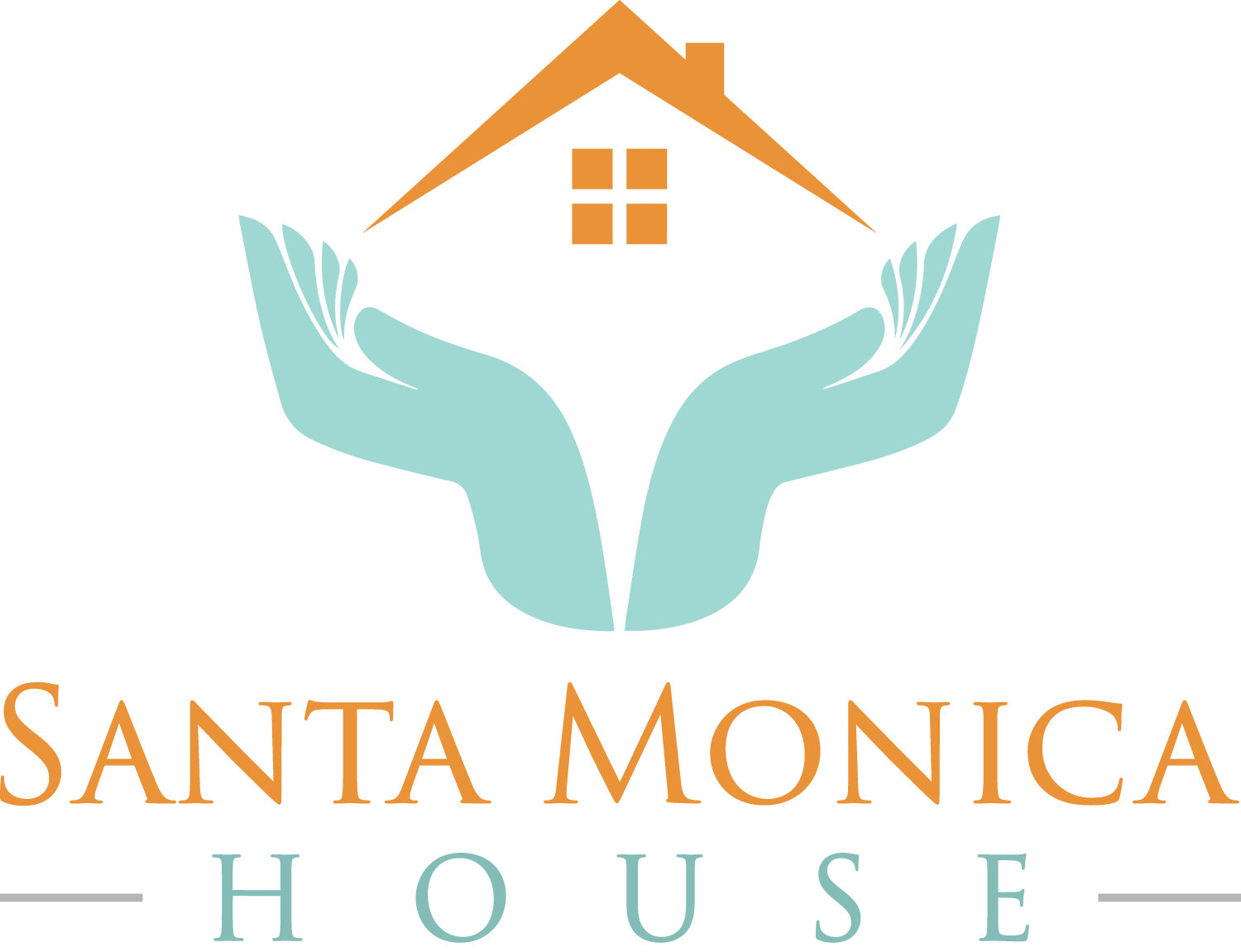Through structured programming and multiple approaches, we help women develop healthier behavior patterns while addressing their physical and psychological traumas. We empower women to develop a sense of personal accountability.
In our programs, women focus on practical life skills, twelve-step participation, and outside employment. Each woman is provided with knowledge and tools to prevent relapse. In addition, our family education program helps those closest to her better understand her disease.
For each woman, the length of varies based on her needs and progress in treatment; the halfway house program can last from six to 12 months.
Programs
Therapy
We hold weekly group therapy sessions that foster accountability and a sense of community among the women at the house. Learning to live within a group assists women in building a foundation of support for long-term recovery.
Each woman participates in weekly one-on-one therapy sessions with one of our counselors to address her individual needs. The number of sessions is based on what works most effectively for each woman.
Practical Life Skills
Each resident is responsible for a variety of household tasks such as cooking, dusting, and vacuuming. Consistently completing assigned duties on time helps build self-esteem, while also building a foundation for practical routines following graduation from the program.
In addition to her house duties, each resident is required to obtain employment outside of the house. This empowers them to gain independence from otherwise debilitating relationships and situations, while building self-esteem. Our staff guide the women through recognizing and acquiring the skills necessary for securing and maintaining employment.
We also host speakers from local agencies who work with residents on such subjects as basic nutrition, money management, health, and safety. Our meditation classes, art therapy, and spirituality groups also help the women reflect and express themselves, addressing another aspect of their well-being.
12 Step Programs
An integral part of each woman’s treatment includes participation in one or more relevant twelve-step programs. Women attend meetings outside of the house, working closely with their sponsor(s) while completing the steps. Regular attendance and participation in twelve-step meetings serves as another avenue for women to build and maintain networks of sober contacts for ongoing support.
Addressing Addiction and Trauma
Many of the women at Santa Monica have suffered trauma from emotional, verbal, and physical abuse. The lasting effects of this trauma contribute to the cycle of addiction.
Disrupting this cycle requires an approach to treatment that, rather than offering a “one-size-fits-all” model, recognizes that women are more likely than men to have suffered violence and abuse. Guided by the methods developed by Stephanie Covington, PhD, LCSW, we employ a trauma-informed approach to care, using gender-responsive services and the Women’s Integrated Treatment (WIT) model. Dr. Covington’s techniques help women understand and address the ways that personal trauma impacts their addiction.
Dialectical Behavioral Therapy (DBT)
Santa Monica’s women are also exposed to Dialectical Behavioral Therapy (DBT), which helps re-form their cognitive behavioral patterns. DBT provides a practical set of tools that encourage mindfulness, distress tolerance, interpersonal effectiveness and emotional regulation. Developed by Dr. Marsha Linehan, DBT has proven effective in reducing suicidal behavior, self-injury, psychiatric hospitalization, treatment dropout, substance abuse, anger and depression, all while improving social and interpersonal functioning.
Medical and Psychiatric Care
The physical and mental health of our residents is a central priority. Some Santa Monica residents have mental and physical illnesses that accompany their alcohol and/or chemical dependencies. In these cases, we work closely with other agencies in the community to provide accurate and timely medical diagnosis and treatment.
Relapse Prevention
Throughout treatment at Santa Monica, each woman will face emotional obstacles and triggers that have thwarted past attempts to obtain or maintain sobriety. We help each client understand substance abuse as a symptom of unhealthy responses to underlying issues. This allows her to better predict when she might feel compelled to drink or use drugs in the future. Our aftercare groups help graduates continue confronting these issues.
Family Education
Santa Monica uses nationally recognized treatment methods to educate residents’ family members about substance abuse, including ways that a family can provide support. Family members will learn that they are not responsible for their loved one’s drinking and/or drug abuse, even though they might have used unhealthy coping mechanisms to deal with their family member’s addiction. Our family education sessions offer family members the chance to learn and use relationship rebuilding techniques.
Alumni Association
Our Alumni Association holds monthly business meetings and also sponsors regular social events, gatherings, and fundraisers. The alumni are proud to represent Santa Monica and to mentor new graduates. Regular participation in the Alumni Association also helps prevent potential relapse; through the maintenance of ties with the Santa Monica community, our graduates form healthy, lasting relationships with other sober women. See our Facebook page for the latest information about both our House and Alumni Association events.
